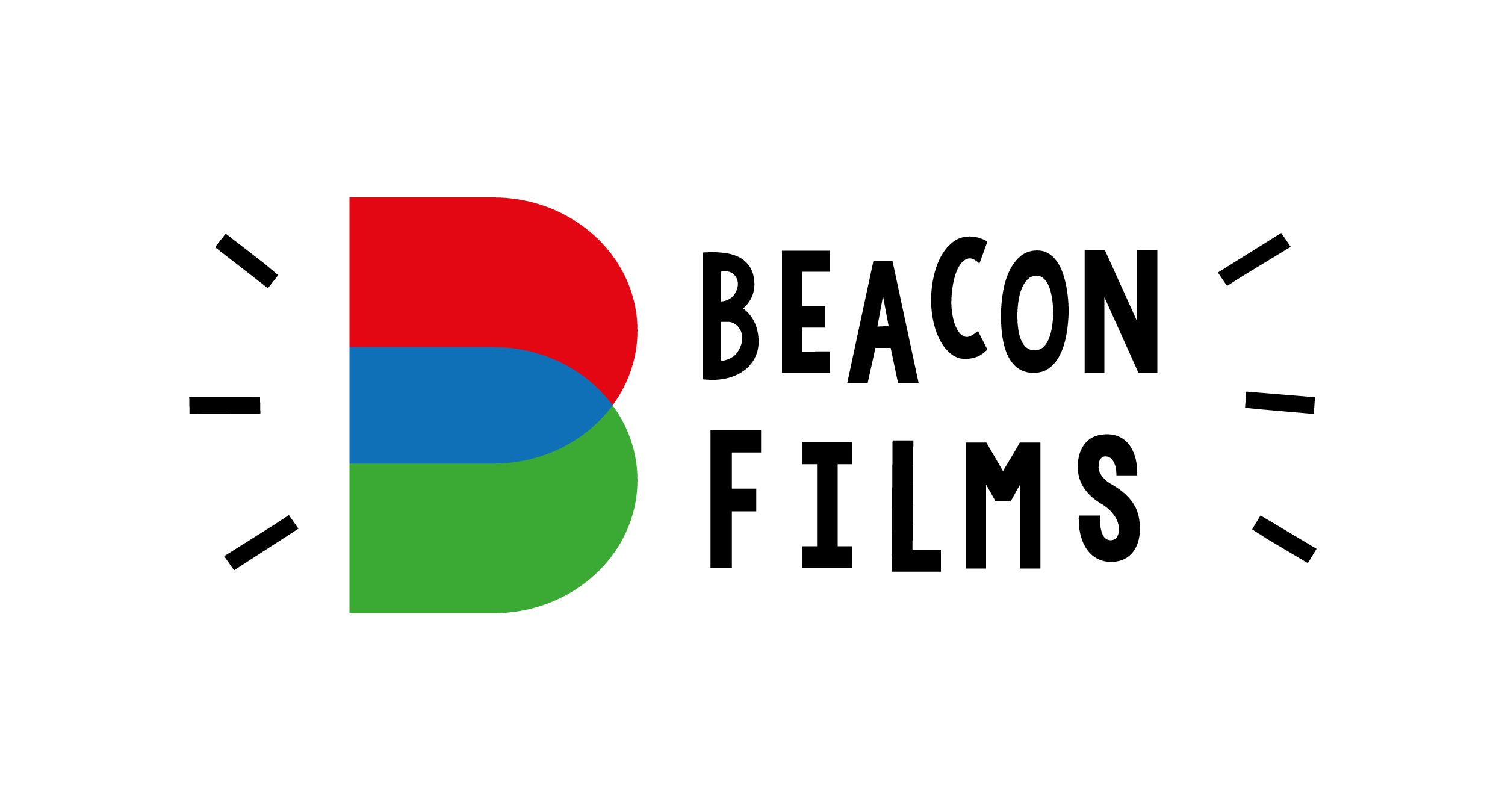Inclusive Lens
Inclusive Lens is for creative and cultural organisations who want to improve inclusion for Deaf, disabled and/or neurodivergent talent in film, TV or video production.
Next event
Toolkit: How to find out about and respond to access requirements
Thursday 29th January 2025
12pm - 1pm
On Zoom
About Inclusive Lens:
Inclusive Lens, supported by the Esmée Fairbairn Foundation, is dedicated to developing a more inclusive cultural workforce.
Whilst our focus is on ...
The film, TV and video production sector
Freelance talent
... the sessions are designed to provide a mutual and non-judgemental learning environment for individuals from across the screen and cultural sectors.
Why?
Because we believe that access and inclusion are transferable concepts across sectors
Because we think that different sectors can learn a lot from one another
Because we recognise that organisations that commission screen content include museums, universities, theatres and public sector bodies, as much as they include film companies and broadcasters.
Inclusive Lens aims to:
Support commissioners in creating accessible and inclusive workplaces for Deaf, Disabled, and Neurodivergent (DDN) talent, ultimately enhancing workforce well-being for everyone.
Facilitate shared learning on continuously improving the inclusion of DDN talent within our workforces.
Connect commissioners with talented DDN filmmakers for paid opportunities, promoting practical implementation of inclusive practices.
How Inclusive Lens works:
Sessions are held every month, led by DDN professionals wherever possible, and feature resources available in advance.
There are two types of session, which tend to alternate monthly.
TOOLKIT offers practical advice on making every stage of your hiring and engagement processes more inclusive for DDN talent.
TROUBLESHOOT provides an opportunity for smaller groups to workshop real life challenges in DDN inclusion in a confidential and non-judgemental space.
In the spirit of 'nothing about us without us,' we strive for at least 50% DDN attendance, ensuring lived experience is central to our discussions.
Join us to contribute to and learn from this essential work.
Join our online community to
Catch up with meetings so far
More features will be added soon! (Including useful resources)
Event Access
When you book your tickets, you will be asked about any access requirements you have.
BSL interpretation is available.
Auto-captions are provided for all sessions.
You are welcome to join the meeting hosts in person (hybrid) at their Newcastle office.
If you'd like to be joined by a supporter / PA, they'd be welcome. There is no need to book a second ticket. In the access questions, you can input their email address and they will receive the same Zoom link.
For any other access-related questions, please contact Will Sadler (will@beaconfilms.org.uk)
92% rated the usefulness of the sessions at 4/5 or 5/5
83% rated how motivated they felt to take part in another session at 4/5 or 5/5
“I wanted to say thanks again for the session last month, I shared the suggestions with the team and will be incorporating a lot of them in our networking and events moving forwards.”
“I have already booked a meeting with the person on our team organising the summer social to see how we can make it as accessible as possible!”
“Lots of work in the screen industry is transferable and the open and collaborative space created in the group has meant I have been able to ask questions and clarify my understanding. We have made a number of changes to our working practices as a result of different sessions and have plans for future changes.”
“The practice and knowledge shared in the Industry Inclusion Group sessions offer invaluable, actionable insights into how we can undertake essential anti-ableist work both in our organisation and with those we support. The sessions underscore the importance of collaboration across the cultural sector as we move towards more inclusive and equitable ways of working.”
“The session was a great chance to share ideas and think things through collaboratively based on real-world challenges we face in the workplace and across sectors.”



